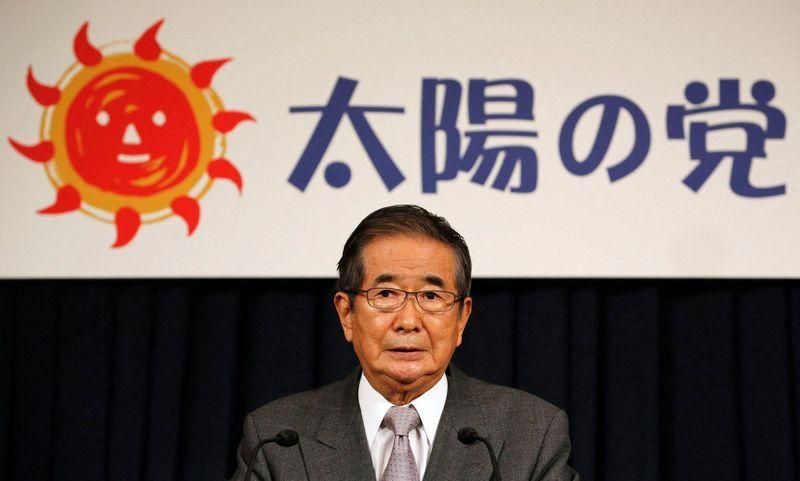Controversial Ex-Governor Of Tokyo Passes Away At The Age Of 89
Shintaro Ishihara, an author and former Tokyo governor who made his imprint on Japanese politics as a zealous hawk whose nationalistic ideas frequently ruffled Japan’s neighbours, has died at 89 years of age.
In 2012, the novelist-turned-politician, who also served in the Diet, proposed a plan for the Tokyo metropolitan government to purchase a significant portion of the disputed Senkaku Islands from a private Japanese owner, sparking a major diplomatic crisis between Japan and China.
Bilateral relations halted after the central government purchased three distant islands in the East China Sea as part of the plan. Following a 13-year term as Tokyo governor, he returned to national politics in 2012 with the same drive.
Ishihara worked as a legislator for the Liberal Democratic Party for many years and held numerous cabinet roles before becoming the governor of Tokyo.
He led a minor party that joined but then separated from what was then a budding opposition party after stepping down as governor. Still, he quit politics after losing his Diet seat in the December 2014 general election.
Ishihara won the coveted Akutagawa Award in 1956 for his novel “Taiyo no Kisetsu” and gained recognition as a young writer.
The book became a best-seller and a social phenomenon, inspiring many individuals to live the bohemian lifestyle depicted in it. Yujiro, his younger brother and one of Japan’s most famous film stars, had his debut appearance in a film adaptation, but he died in 1987 at the age of 52.
After covering the Vietnam War for the influential Japanese newspaper Yomiuri Shimbun, he entered politics at 35. He garnered an astounding three million votes from the national electorate.
In his writings, Ishihara wrote that the event prompted him to consider Japan’s future and pursue a career as a legislator. Ishihara spearheaded efforts to establish a new tax system for significant banks and stricter diesel vehicle pollution laws after being elected Tokyo governor for the first time in 1999.
Ishihara wanted Tokyo to host the Olympics in 2016, but the International Olympic Committee chose Rio de Janeiro. He submitted a proposal to host the 2020 Olympics in 2016, which his successor, Naoki Inose, eventually won. Ishihara resigned as governor in October 2012 to form a new political group and return to mainstream politics.
After winning a general election in December of that year, he was elected to his seventh term in the lower chamber. Two years later, he lost the election.
Ishihara published several books, including the best-selling “Tensai” (Genius), a biographical novel about former Prime Minister Kakuei Tanaka told in the style of a monologue by one of postwar Japan’s most popular and divisive politicians.
He won the prestigious Grand Cordon of the Rising Sun in 2015.
Source: JapanToday
Also read about Tokyo Governor Koike Announces That Tokyo Will Start Recognizing LGBTQ Couples
